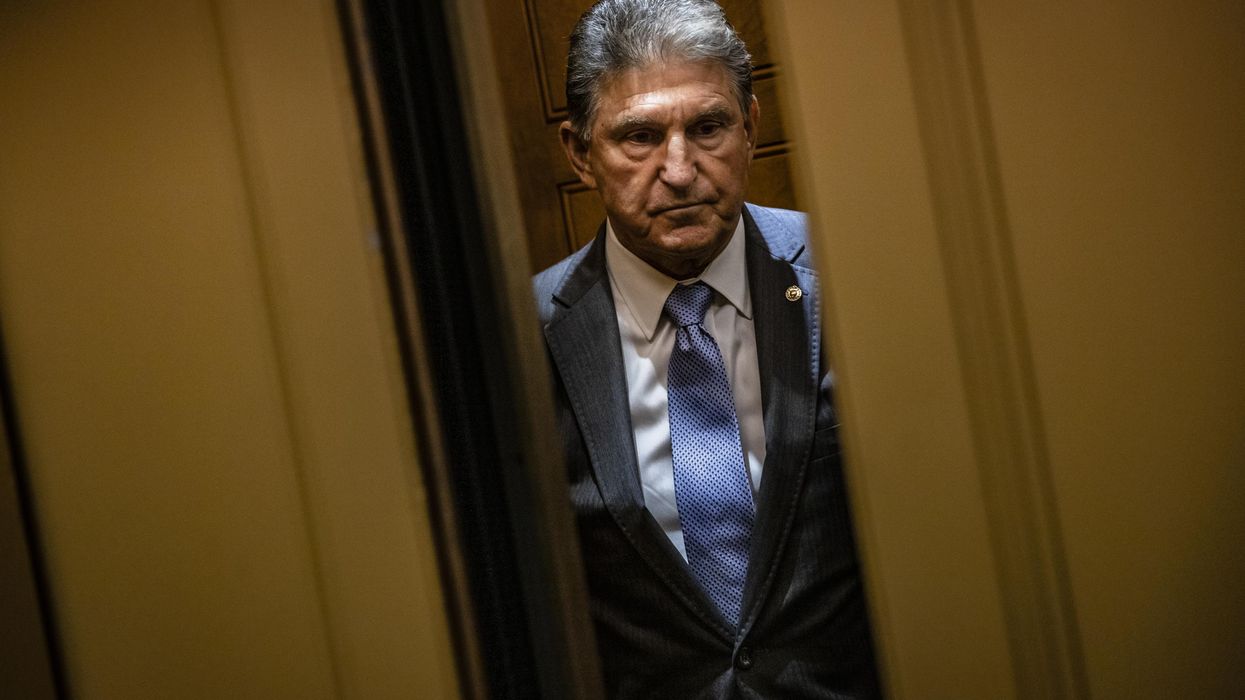Klug served in the House of Representatives from 1991 to 1999. He hosts the political podcast “ Lost in the Middle: America’s Political Orphans.”
Is this the year the first independent candidate can make a serious run for president since Ross Perot rattled Republicans and Democrats in the 1990s? Nearly 60 percent of Americans say they would consider a third-party candidate for president, according to a recent Harris Poll.
This year voters may have a complicated ballot with Robert F. Kennedy Jr., Cornel West and a possible No Labels ticket jockeying for position. Could Sen. Joe Manchin (D-W.Va.) be part of the rumored No Labels bipartisan ticket, or make a run on his own?
“Voters may be surprised at how many choices they actually have,” Kyle Kondik, a political analyst at the University of Virginia, told NBC News. “It’s going to make polls even harder to figure out. It’s an added haze over the whole battlefield.”
There have been three serious independent candidacies in U.S. history. Each of them displayed a unique set of skills. Teddy Roosevelt brought unmatched charisma to the race. Little appreciated was the sophisticated organization of George Wallace, whose campaign was the first to figure out how to tap into direct mail as a fundraising tool. And Ross Perot had a tireless army of grassroots volunteers.
But in the end, they all fell short. One Hundred and ten years later, Roosevelt still holds the record for third-party candidate success, having won a mere six states. Wallace managed to capture five in 1968. Perot did not win a single state in either 1992 or 1996.
Frankly the major challenge for all of this year’s rumored candidates is navigating the onerous rules put in place by Republicans and Democrats to keep others off the ballot and freeze them out of the debates.
To get perspective, I interviewed Perot’s and Ralph Nader’s campaign managers for my podcast, “Lost in the Middle: America’s Political Orphans.” The United States, they argued, does not tolerate antitrust behavior in the economic system but, sadly, it does in the political world.
We explored the appeal of independent candidates as well as the gauntlet of real-world challenges. I also explained how a campaign rally for one of them cost me my date for the prom.




















Trump & Hegseth gave Mark Kelly a huge 2028 gift